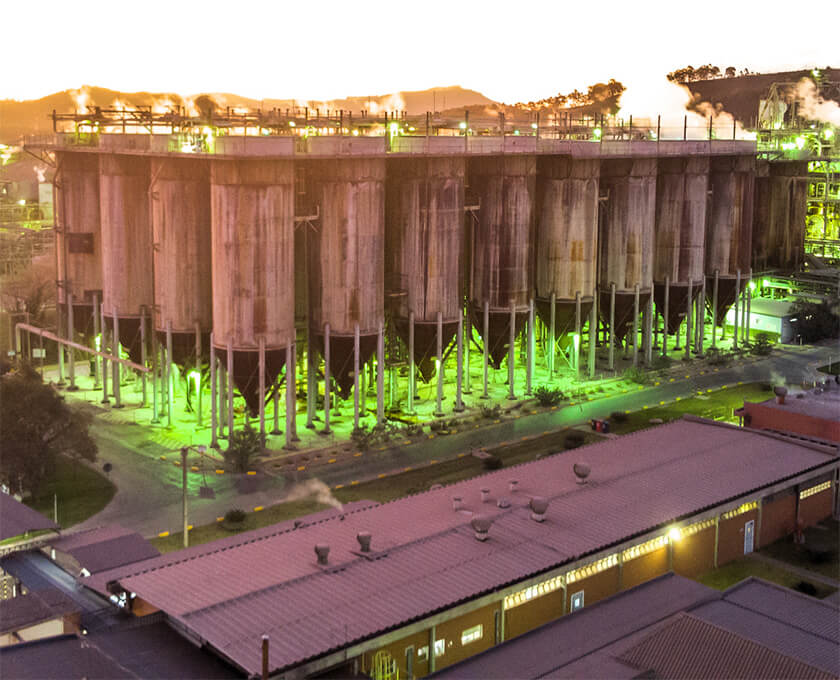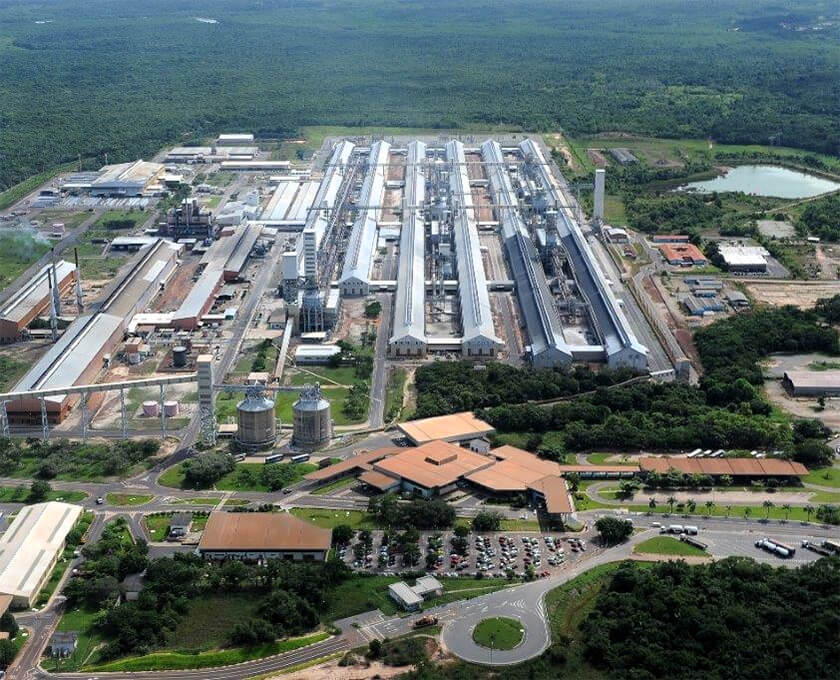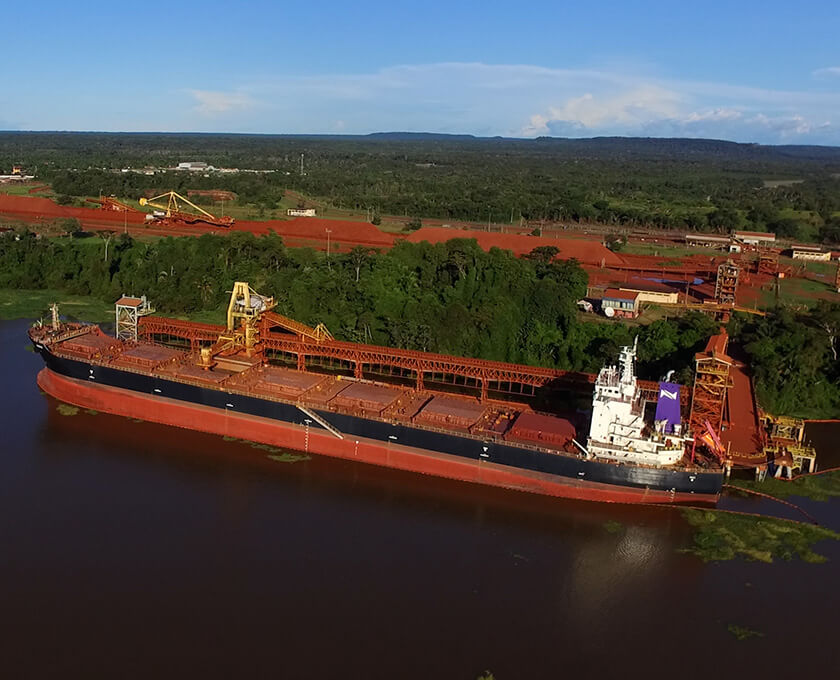May 14, 2025
Alcoa Marks 60 Years of Responsible Operations in Brazil

Alcoa is celebrating 60 years of responsible action in Brazil, with innovative investments to make its three operating units – Juruti (PA), Alumar (MA) and Poços de Caldas (MG) – more efficient and safer by integrating production, biodiversity conservation and respect for people's needs.
Placing ESG (Environmental, Social, and Governance) at the center of its business strategy, Alcoa Brazil is advancing sustainable solutions to offer the market increasingly greener products through structuring projects related to the energy transition, decarbonization, the circular economy and conscious waste management.
One of the main objectives is achieving the Company’s ambition of Net Zero (zero greenhouse gas emissions) by 2050, in addition to generating shared value and development in the regions where Alcoa operates.
In Poços de Caldas (MG), Alcoa's first plant in Brazil, carbon emission rates have already fallen by more than 30% in the last two years. This reflects investments in aluminum recycling in the production process, the operation of electric boilers at the Refinery and the implementation of the Filter Press for the dry disposal of bauxite waste – generating raw material for the cement industry.
At the same time, Poços’ program for rehabilitating mined areas is a pioneer and international benchmark, having served as a reference for the first Brazilian Environmental Institute (Ibama) Manual on the subject.
"We also maintain an Environmental Park for engagement and awareness activities with the communities, with a nursery capable of producing up to 120,000 seedlings per year of about 80 native species of the Atlantic Forest,” said Rodrigo Giannotti, Director of Operations. “(They) are destined for planting in environmental compensation areas, linked to mine licensing processes and are also donated to local populations.”
In 2024, Alcoa Poços invested more than R$ 2.8 million in 57 projects within education, environment, health, economic development and social welfare – which benefited five cities: Poços de Caldas, Andradas and Caldas (Minas Gerais); and Divinolândia and São Sebastião da Grama (São Paulo). These investments were made with resources from the unit itself, the Alcoa Foundation, Instituto Alcoa and through the Municipal Law of Incentive to Culture and Sports.

At Alumar, the production of aluminum with less environmental impact has been conducted with a focus on increasingly sustainable practices. Since the smelter restart in April 2022, the unit has been operating with 100% renewable energy supply contracts. Before that, diesel had already been replaced by Flex Gas in the anode baking furnaces, promoting a significant reduction in carbon emissions.
These actions reflect the ongoing commitment to cleaner production, in line with Alcoa's goals for products with a lower carbon footprint.
The investments in energy transition – along with the application of resources to modernize and improve the facility – generate income and new jobs that boost Maranhão’s socioeconomic development. Alumar opened 5,540 direct, indirect and temporary job opportunities in the state between 2022 and 2024. Those vacancies are filled with the support of qualification programs and in compliance with Alcoa's diversity and inclusion criteria, which value the hiring of regional talent.
"We invest in environmental education and professional training activities for young people and adults that contribute to improving the quality of life of neighboring communities and residents of São Luís," Andreia Nunes,Director of Operations said.
Nunes emphasized that the unit also has an Environmental Park, which occupies a preserved area of approximately 1,800 hectares with more than 200 tree-shrub species and almost 90 species of land animals cataloged.

In Juruti (PA), the concern with decarbonization goes hand in hand with environmental conservation through advances in the rehabilitation of mined areas. The plant will soon run on electricity as a result of a new transmission line that will serve the mine and the port, integrating the region into the National Interconnected System (SIN).
At the same time, strategic projects to reduce facility suppression and increase rehabilitation have led to the recovery of 229.85 hectares by 2024.
But Alcoa's investment plan in Pará goes far beyond decarbonization initiatives and mine rehabilitation: Alcoa promotes the socioeconomic development of communities in the Amazon region through initiatives that boost local entrepreneurship, aimed at a greater legacy beyond the mining cycle.
“We produce infinitely recyclable aluminum in a responsible way, believing in people's capacity for transformation, in the innovative power of our business and in the development of communities to build an even better future,” said Daniel Santos, president of Alcoa Brazil.